
$65.00 – $160.00
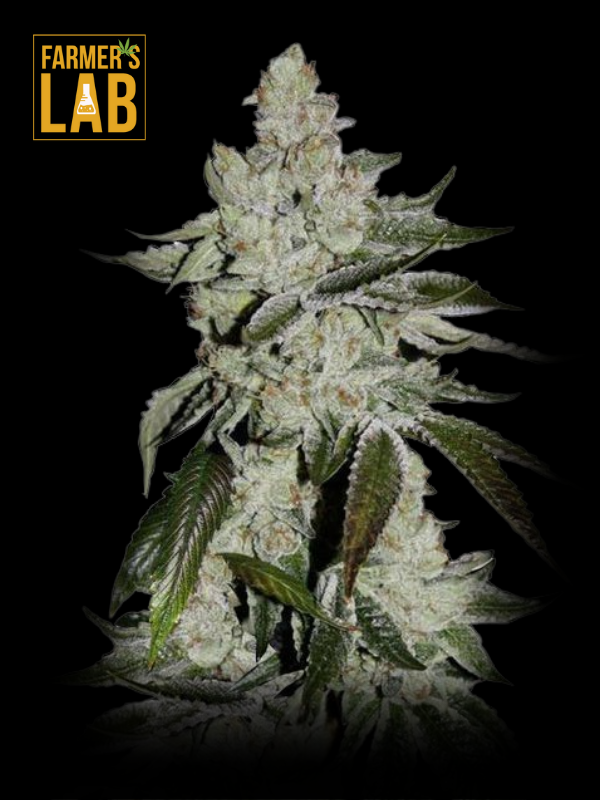
$65.00 – $160.00
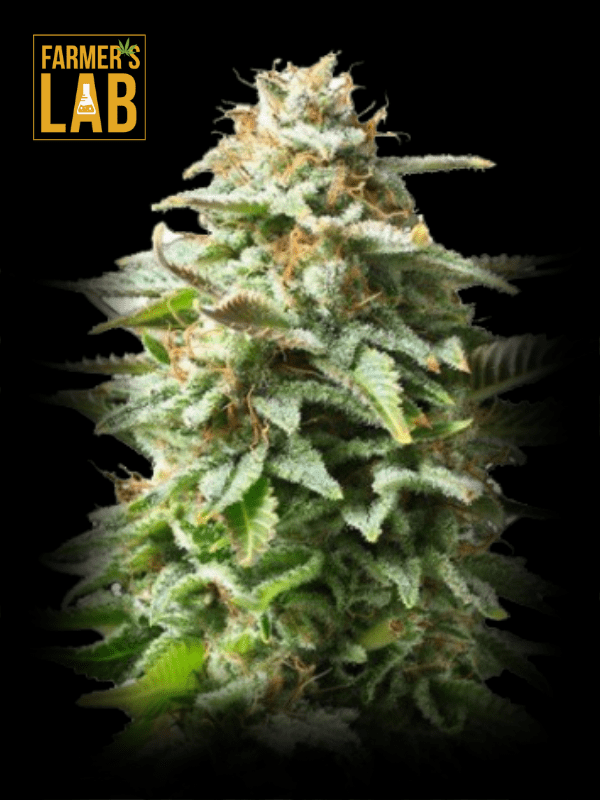
$65.00 – $160.00
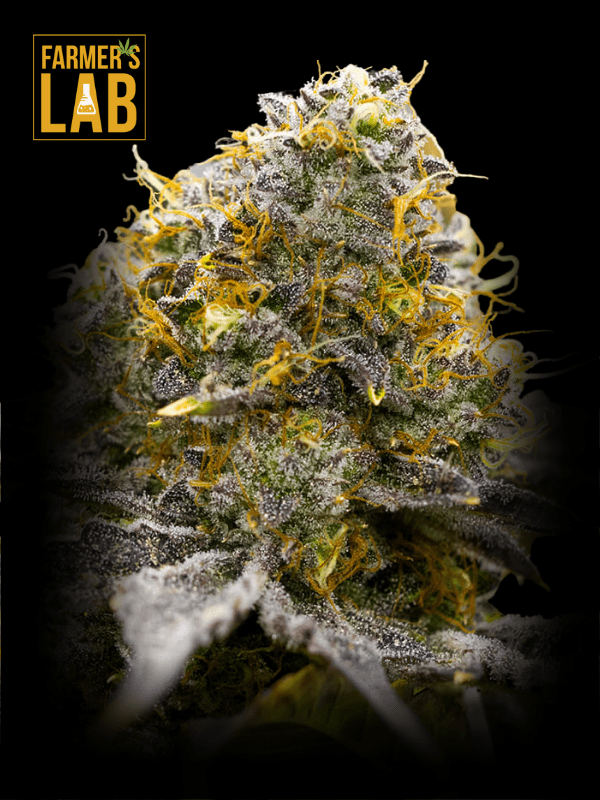
$65.00 – $160.00

$65.00 – $160.00

$65.00 – $160.00
Explore Premium Fast Flowering Cannabis Seeds: Ideal for Growers Aiming for Quick Harvests without Compromising on Potency or Flavor.
Experience Superior Feminized Cannabis Seeds: Expertly Cultivated for Guaranteed Female Plants, Offering High Yields and Consistent Quality.
Discover High-Quality Cannabis Regular Seeds: Perfect for Cultivators Seeking Natural, Unmodified Cannabis Genetics for Authentic Growing Experiences.
Discover Efficient Autoflower Cannabis Seeds: Perfect for Easy Cultivation with Fast Growth Cycles, Ideal for Both Novice and Experienced Growers.
Explore Premium Fast Flowering Marijuana Seeds: Ideal for Growers Aiming for Quick Harvests without Compromising on Potency or Flavor.
Experience Superior Feminized Marijuana Seeds: Expertly Cultivated for Guaranteed Female Plants, Offering High Yields and Consistent Quality.
Discover High-Quality Marijuana Regular Seeds: Perfect for Cultivators Seeking Natural, Unmodified Cannabis Genetics for Authentic Growing Experiences.
Discover Efficient Autoflower Marijuana Seeds: Perfect for Easy Cultivation with Fast Growth Cycles, Ideal for Both Novice and Experienced Growers.

When you navigate the landscape of marijuana cultivation in Connecticut, it’s important to be well-informed on the legal parameters, the variety of seeds available, and the intricacies of different strains and genetics.
In Connecticut, you are allowed to possess and grow cannabis seeds if you are 21 years of age or older. This aligns with state law that has decriminalized cannabis to some extent. However, you should be aware that there are restrictions: medical cannabis patients can cultivate up to 3 mature and 3 immature plants, while recreational users will be legally permitted to grow starting July 1st. Keep in mind that laws can evolve, and it’s critical to stay current with local regulations.
The variety of cannabis seeds that you can choose from includes feminized, regular, and autoflowering seeds:
Selecting the right strain is crucial as it determines the type of effect, flavor, and growth characteristics of your plants. In Connecticut, you’ll have access to a range of strains, each with different genetics influencing factors like THC and CBD concentrations, yielding potential, and resistance to local climate conditions. When selecting a strain, consider your level of cultivation experience and your personal therapeutic or recreational needs.
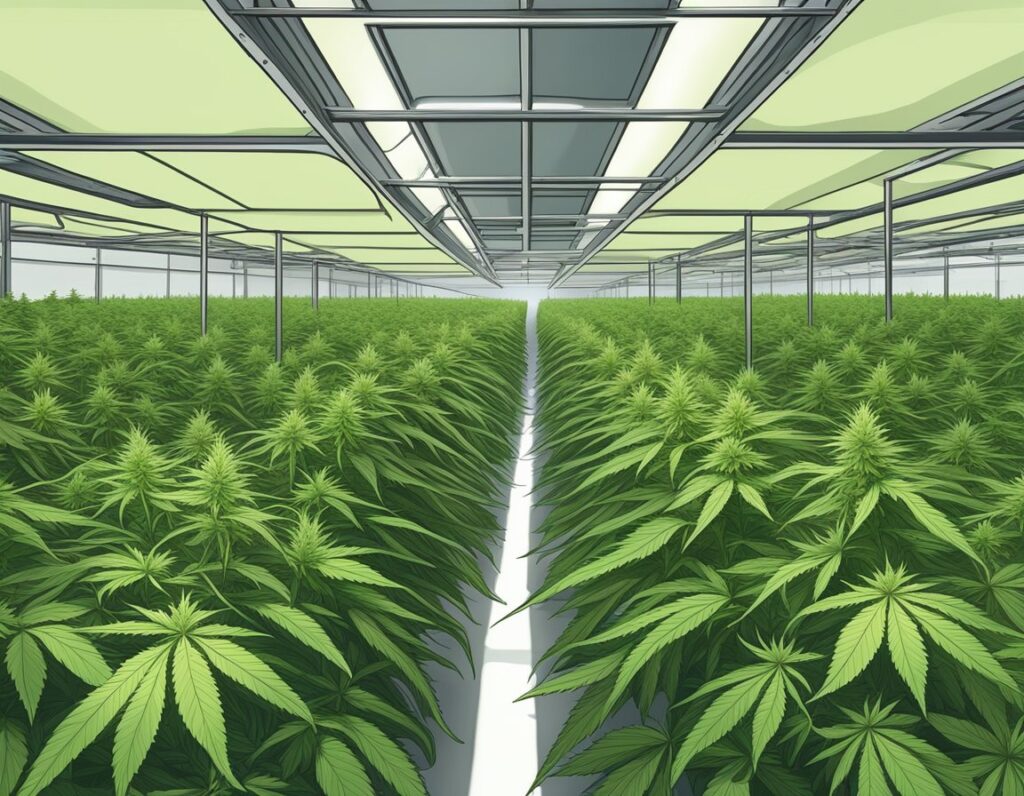
As you embark on cultivating cannabis in Connecticut, understanding the state-specific regulations, climate influences and the indoor versus outdoor growing considerations will ensure you remain compliant and successful in your endeavors.
In Connecticut, you have the option to grow cannabis indoors or outdoors, but there are certain regulations you need to adhere to.
Climate conditions in Connecticut can be challenging due to the state’s varied seasons:
Connecticut’s legislation regarding cannabis cultivation is specific, and it’s crucial to follow these laws and guidelines:
Always remember to review the latest regulations periodically, as they may change and impact your cultivation practices.
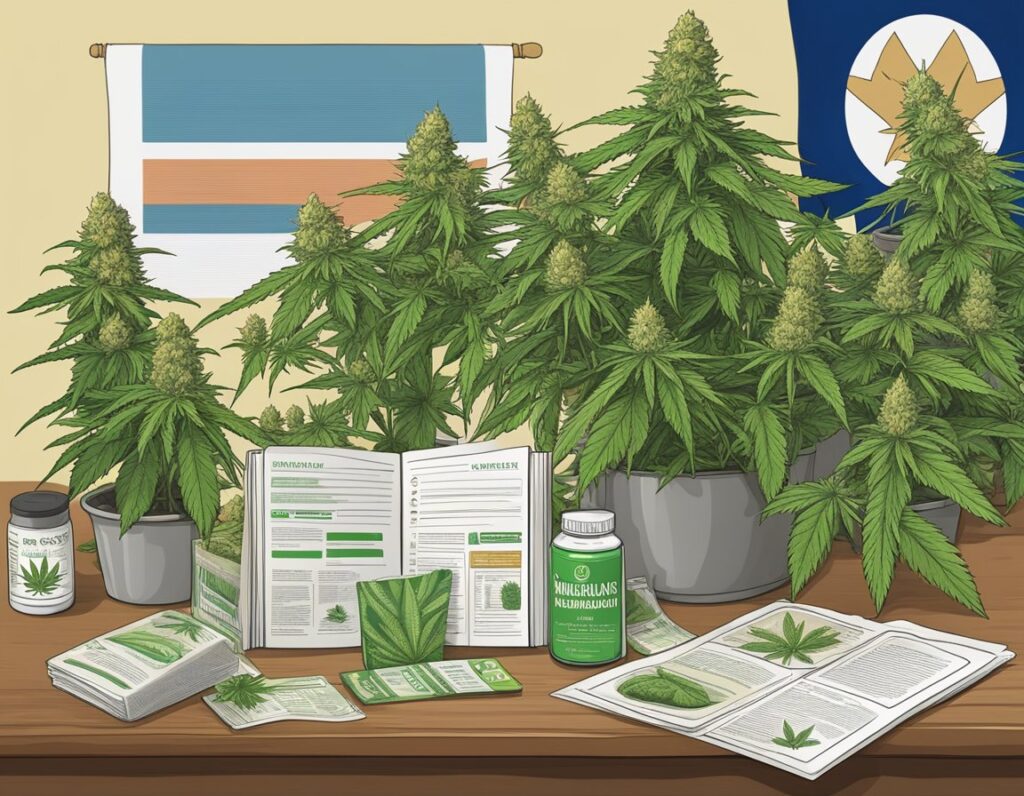
In Connecticut, your journey to using medicinal cannabis starts by understanding the qualifying conditions and the legal pathways to obtain medical cannabis seeds. Arming yourself with the correct information ensures compliance with state regulations.
To be eligible for medical cannabis use in Connecticut, you must be diagnosed with specific approved conditions. These range from chronic pain related issues to other debilitating illnesses. The Department of Consumer Protection (DCP) lists conditions that may qualify you for medical cannabis use. Notably, chronic pain, which persists for several months and significantly interferes with daily activities, is recognized as a condition for which medical cannabis may be prescribed.
Once you are a registered patient with an approved condition, you can legally obtain medical cannabis seeds in Connecticut. Following the state’s rollout of legal home cultivation for medical cannabis users, you are authorized to grow a certain number of plants for personal use.
It is essential to source your seeds from a reputable vendor or dispensary to ensure compliance with state laws. Keep in mind that there are regulations in place regarding the number of mature and immature plants you can grow. As a patient, you can cultivate up to three mature and three immature plants. Starting July 1, 2023, all adults 21 and over are allowed the same number of plants, with a household cap of twelve plants.
Remember to stay current with any changes in legislation and consult with the Department of Consumer Protection for any updates on the medical cannabis program in Connecticut.
For specific information on acquiring seeds and growing your medicinal plants responsibly, contact licensed dispensaries in Connecticut or visit the state’s Department of Consumer Protection website. Being well-informed ensures you adhere to Connecticut’s medical cannabis laws while finding relief from chronic pain or other qualifying conditions with medicinal cannabis.

When you decide to purchase cannabis seeds in Connecticut, you have the convenience of selecting from reputable online seed banks that deliver high-quality seeds directly to your door. These platforms offer a variety of strains and provide assurances for germination rates.
When sourcing your cannabis seeds online, Farmers Lab Seeds offers a wide selection of high-quality options tailored for various therapeutic needs. This platform provides an accessible way to find diverse seed strains suited to individual preferences and requirements. When sourcing your seeds online, you can enjoy the benefits of:
Successfully growing cannabis seeds requires attention to detail and an understanding of the plant’s lifecycle. Focusing on germination, pest and disease management, and proper nutrition will help ensure a healthy grow cycle.
Germinating your cannabis seeds is the first step to a successful grow. Ensure that your seeds are fresh and viable for the best chance of sprouting. Moisture, warmth, and darkness are essential for germination. You can use a paper towel method, wherein you:
For Connecticut cultivators, begin the germination process indoors to protect against the cool climate and environmental stress.
Pests and diseases can significantly impact your grow. Regular inspection of your plants is critical to identify any issues early. If you notice signs of infestation or illness, consider using organic pesticides that are less harmful to the environment and your crop. Some organic solutions include:
Implementing a preventive regimen with these resources can keep common pests at bay and reduce the likelihood of diseases.
Your cannabis plants will need a selection of nutrients for optimal growth, including nitrogen, phosphorus, and potassium. Use the following guideline to ensure balanced nutrition:
Overfeeding can cause nutrient burn, so follow a fertilization schedule compatible with your plant’s growth stage. Additionally, consistent watering and temperature control are crucial, as extremes can cause plant stress and harm your yield.
Understanding Connecticut cannabis laws is crucial for you as a cannabis enthusiast. These regulations affect how you can obtain, cultivate, and consume cannabis within the state.
Although Connecticut has decriminalized cannabis, federal laws still classify it as an illegal substance. As a resident, you must be aware that federal agencies could enforce different rules, creating a potential legal conflict. It’s particularly important when considering areas like federal lands within Connecticut or matters that cross state lines. In Connecticut, recreational cannabis has been given the green light, aligning state law with your interests as a user.
Starting July 1, 2023, you have the right to engage in at-home cultivation of recreational cannabis. Specifically, you are limited to three immature plants and three mature plants per individual. However, there’s a maximum of 12 plants per household, irrespective of the number of residents over 21 years. You must obtain seeds or seedlings from licensed dispensaries in Connecticut to stay within the legal framework.
While Connecticut has decriminalized the possession of small amounts of cannabis, there are still strict limits. Public consumption remains prohibited, and you should be aware of the state’s possession guidelines to avoid legal repercussions. As for recreational users, you are allowed to possess up to one and a half ounces on your person. Any amount in excess of this is subject to legal penalties. Responsible usage and adherence to state laws ensure that your recreational activities do not cross legal boundaries.
Before diving into your queries, it’s important for you to know the essential information regarding the purchase and cultivation of cannabis seeds in the state of Connecticut.
You must be at least 21 years old to legally purchase cannabis seeds in Connecticut. However, seeds are not available for sale at dispensaries, implying that the purchase must occur through alternative legal means.
While the direct purchase of cannabis seeds at local dispensaries is not an option, acquiring seeds from other states where it is legal or from legal online seed banks may be possible for Connecticut residents.
In Connecticut, strains that can withstand the northeastern climate, such as OG Kush Autoflower and Blue Dream Feminized, are good choices. These strains are known for their resilience and ability to flourish in varying conditions.
Connecticut allows the cultivation of cannabis for personal use, with limits on the number of plants. However, specifics on outdoor cultivation restrictions should be checked against the latest state policies to ensure compliance.
Connecticut maintains seed-to-sale tracking to monitor the cultivation, distribution, and sale of cannabis, ensuring that all activities are within the legal framework and to prevent illegal distribution.
Yes, it is legal to buy cannabis seeds in Connecticut. The state allows for the purchase of seeds for personal use and cultivation.
Yes, you can cultivate cannabis at home in Connecticut. The state permits adults to grow up to six plants for personal use, as long as they are kept in a secure and private location.
You can purchase high-quality cannabis seeds from licensed seed banks such as Farmers Lab Seeds, which operates both online and potentially at physical locations. It’s crucial to select a reputable source like Farmers Lab Seeds that complies with state regulations to ensure you’re getting the best product for your needs.
Connecticut has specific regulations for home cultivation, including limits on the number of plants, plant size, and security measures. Make sure to familiarize yourself with these regulations before starting your cultivation.
Growing cannabis at home in Connecticut allows you to have control over the quality and strains you cultivate. It can also be a cost-effective way to access your preferred medicinal strains.
Discover the beauty of Connecticut with a selection of premium cannabis seeds tailored to thrive in the state’s unique climate. Whether you’re a seasoned grower or just starting out, find your perfect match to enhance your gardening journey.
We ship and deliver world wide via USPS and various couriers.
We offer a wide range of secure and anonymous online payment options.
We care about you, our customer. Please contact us with any questions or concerns.
Find out more about the benefits of being a loyal and regular customer.
WE ARE EVERY GROWERS ONE STOP SHOP TO ACQUIRE PREMIUM CANNABIS SEEDS FOR SALE IN THE USA, CANADA AND AUSTRALIA

Farmers Lab Seeds 2024, | All Right Reserved
Seeds are sold as novelty items, souvenirs, and collectibles. They contain 0% THC. We encourage our customers to check the legislation in their Country, State, Province, and Municipality prior to purchasing items from our store. We do not provide growing information.
All seeds are sold as hemp, and lab tested under 0.3% THC. This product is not for use by or sale to persons under the age of 21. This product should be used only as directed on the label. It should not be used if you are pregnant or nursing. Consult with a physician before use if you have a serious medical condition or use prescription medications. A Doctor’s advice should be sought before using this and any supplemental dietary product. All trademarks and copyrights are property of their respective owners and are not affiliated with nor do they endorse this product.
These statements have not been evaluated by the FDA. This product is not intended to diagnose, treat, cure or prevent any disease. Individual weight loss results will vary. By using this site, you agree to follow the Privacy Policy and all Terms & Conditions printed on this site. Void Where Prohibited by Law.